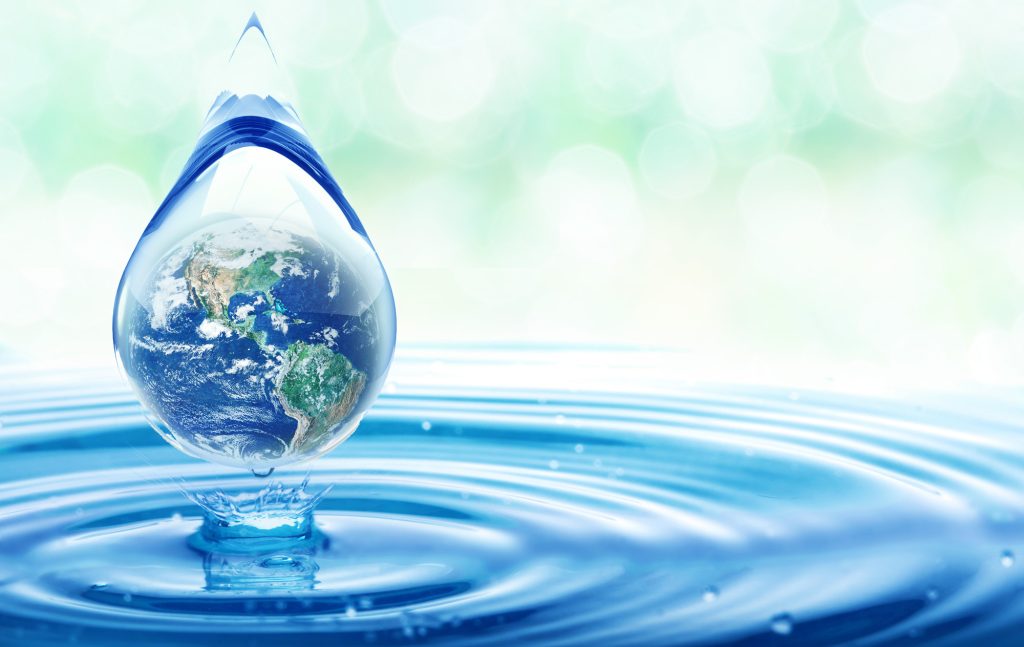
Key Takeaways
- Importance of clean water for health and the environment.
- Simple actions individuals can take to contribute to water quality.
- Community involvement amplifies impact.
Why Clean Water Matters
Clean water is crucial for human health and environmental sustainability. It is essential for drinking, sanitation, agriculture, industry, and biodiversity. The impact of water scarcity and pollution is global, affecting everyone indirectly or directly. When water sources become polluted with contaminants, the ramifications can include significant health issues, economic challenges, and ecological imbalances. Understanding the wide-reaching influence of pollutants is vital in recognizing why the focus on maintaining clean water sources is so critical.
According to the World Health Organization, approximately 785 million people do not have access to even essential drinking water services, which further highlights the ongoing global challenge of ensuring safe water. This signifies a pressing humanitarian issue and emphasizes the importance of comprehensive global strategies to combat water scarcity and ensure equitable distribution. Furthermore, clean water is essential for many species’ survival and various ecosystems’ health. Water pollution can lead to biodiversity loss as toxins accumulate in the food chain, causing reproductive issues and mortality in fish and other aquatic life.
Everyday Actions to Protect Water Quality
The journey to improved water quality starts at home with daily habits that collectively make a significant difference over time. People can gain deeper insight into the different types of water pollutants by understanding water contaminants that threaten human health and wildlife ecosystems. There are numerous practical steps individuals can take to contribute to water conservation:
- Avoid Pouring Chemicals: One of the simplest yet most effective actions is to be mindful of how you dispose of household chemicals and paints. Avoid pouring these substances down the drain, as they can seep into the water supply and contribute to pollution. Instead, look for designated disposal sites or community recycling programs for hazardous waste materials.
- Choose Eco-Friendly Products: Transitioning to eco-friendly cleaning products can substantially reduce pollutants that might otherwise end up in waterways. Products free from harmful chemicals reduce pollution and minimize the potential adverse effects on your health and home environment.
- Fix Leaks Promptly: Water conservation can sometimes be as simple as addressing leaky faucets or toilets. Fixing leaks saves money and conserves water, reducing unnecessary wastage. Small drips can amount to substantial water loss and higher bills if not dealt with promptly.
Implementing these changes might seem inconvenient initially, but they offer rewarding benefits for both the individual and the planet. They also foster a mindset of environmental stewardship that encourages more conscious daily decisions.
Become Informed and Spread Awareness
Education and awareness are powerful tools in the effort to protect water quality. Educating yourself on the issues affecting local and global water systems empowers you to make informed decisions and advocate for change. Providing others with helpful resources and staying abreast of water conservation initiatives can shape community attitudes and norms toward environmental responsibility. For example, the EPA’s water infrastructure initiatives reflect broader efforts to enhance systems that supply clean water and effectively dispose of wastewater.
Sharing information about water issues isn’t limited to conversations; utilizing social media platforms can vastly increase noticeability and outreach. Whether through educational posts or participating in online groups dedicated to environmental causes, raising awareness helps ignite action and interest within broader communities.
Community Clean-Up Efforts
Participating in community-driven efforts such as clean-up events demonstrates civic responsibility and a commitment to local environmental health. These activities create tangible benefits by removing debris from water bodies and surrounding environments, directly improving water quality while educating participants and audiences about pollution sources. Such events can be a powerful catalyst for change as they encourage proactive environmental stewardship and community pride.
Organizing and participating in local clean-up events also supports local economies by attracting support from environmentally conscious businesses and entities interested in corporate social responsibility. Moreover, they can serve as a platform for education, enlightening participants about the broader effects of pollution and the importance of maintaining clean water sources. Doing so broadens participants’ understanding of environmental interconnectedness and fosters a deeper appreciation for sustainable practices.
Advocating for Policy Change
Individual and collective advocacy for policy reform is critical in ensuring sustainable water management practices and is essential for holding governments and businesses accountable. Engaging with lawmakers, participating in public consultations, and supporting policies prioritizing water quality and conservation initiatives can lead to lasting changes and improvements. Establishing strict pollution controls and incentives for sustainable practices can drive industries to innovate and adopt more environmentally sound practices.
Collaborating with environmental organizations and advocacy groups can amplify your impact, creating momentum for widespread policy reform. By echoing shared values and interests, these groups amplify the call for sustainable water management and prioritize water quality on public and corporate agendas, shaping long-term environmental policy.
Harnessing Technology for Better Water Management
The emergence of innovative technologies provides new avenues to improve water management and conservation significantly. Incorporating advanced systems, such as smart irrigation technologies, allows agricultural practices to adjust to climate conditions dynamically, ensuring water is used efficiently without wastage. These systems predict water needs based on weather forecasts, significantly optimizing usage and preserving resources.
Additionally, digital solutions such as real-time water quality monitoring tools proactively detect contamination and ensure safety standards. These applications and devices allow for immediate intervention, preventing or mitigating the consequences of water pollution before they escalate into more significant problems. As technological advancements evolve, they hold the potential for more essential advances in responsibly preserving and managing water resources.
Creating a Sustainable Future
With conscious individual efforts, informed community activism, and supportive technology, society can navigate toward a brighter, water-secure future. Embracing a multi-faceted approach ensures that clean water resources remain abundant and accessible, safeguarding health and the environment for future generations. By prioritizing collective action, promoting effective policy, and leveraging innovative technology, we lay the groundwork for a sustainable future where clean water remains a universal right, not a privilege.
Efforts to protect water resources today are investments in a healthier tomorrow, paving the way toward ecological balance and environmental resilience. With each step taken to conserve water and improve its quality, we bridge the gap between immediate needs and long-term environmental goals, ensuring prosperity and continuity for all inhabitants of our planet.


